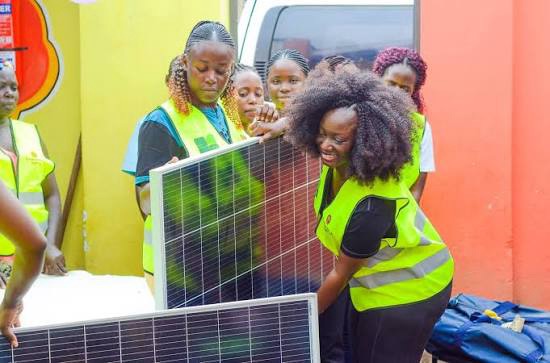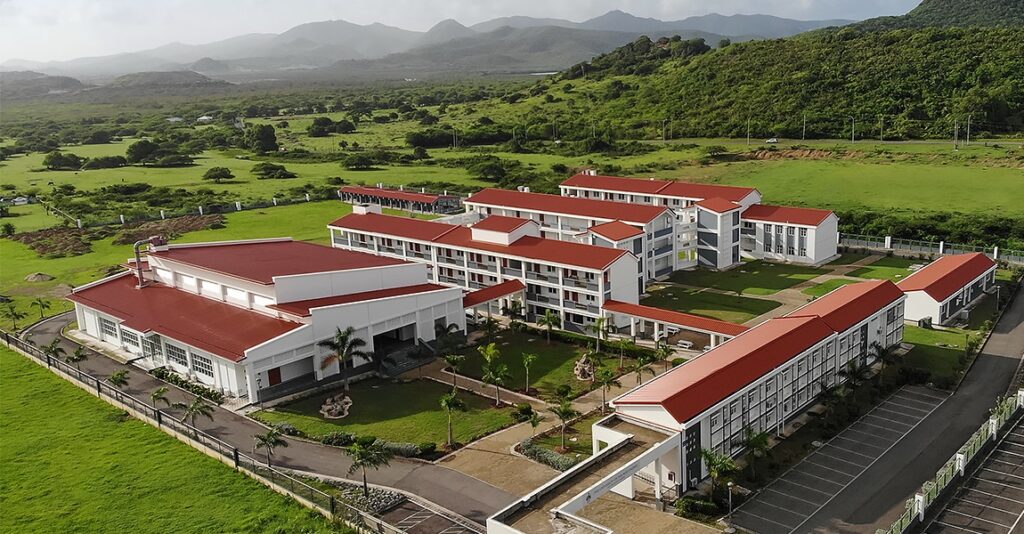In the heart of Zambia's bush, a sound familiar to Bitcoin enthusiasts cuts through the tranquil roar of the Zambezi River – the high-pitched whirr of computer servers working diligently to mine cryptocurrency. Phillip Walton, representing the Kenya-based company Gridless, oversees a bitcoin mining operation that has found its home next to a hydro-electric power plant, leveraging the area's natural resources.
Zengamina's hydro plant has a storied past, built in the early 2000s initially to provide electricity to the local hospital and community. However, a lack of commercial uptake left much of its capacity untapped until Gridless struck a deal to utilize the surplus electricity for bitcoin mining. "We realized that partnering with the local hydro facility would enable us to offer them a crucial revenue stream," Walton explains, highlighting that this collaboration has been vital in transforming the plant's financial situation, accounting for a substantial portion of its income.
For residents of Zengamina, the impact of electricity is profound. Once a mere collection of shabby structures, the area has seen significant changes since power availability increased. Local barber Damian reflects on the transformation, "Before power, I had nothing. Now, I can run my shop and provide for my family."
Outside of the immediate mining concerns, citizens like sisters Tumba and Lucy Machayi express their appreciation for the newfound connectivity and communication brought by electricity, which replaced the reliance on solar panels. While residents may be unaware of the cryptocurrency mining directly influencing their community's energy landscape, the implications of such partnerships extend far beyond digital coins.
As Gridless explores expanding its operations, including proposals to set up new hydro plants, they face the challenge of balancing profitability with community welfare. The debate surrounding bitcoin mining and its energy consumption continues, particularly in regions grappling with energy access.
Responsibly harnessing renewable energy sources like hydroelectric power may pave the way for more sustainable practices in the cryptocurrency sector. The Zengamina project signifies a potential model for future endeavors, blending profitable bitcoin mining with community development in Africa and possibly reshaping the narrative around cryptocurrency in resource-rich regions.





















